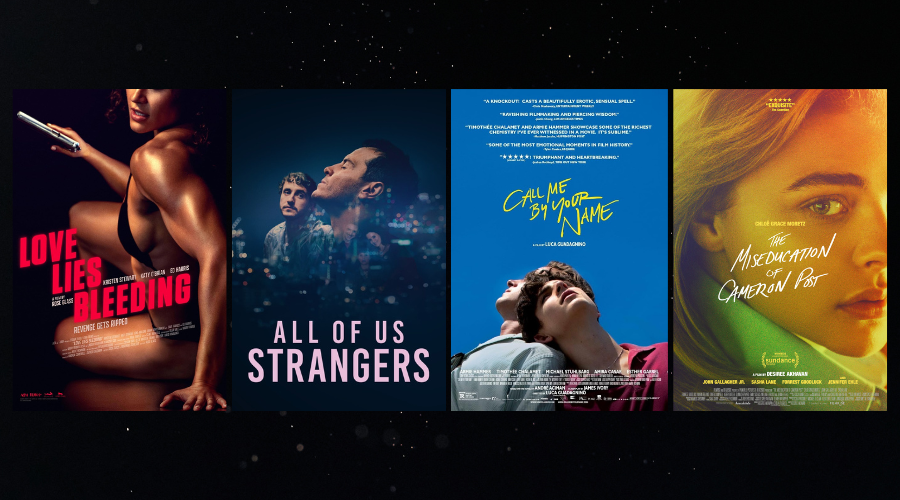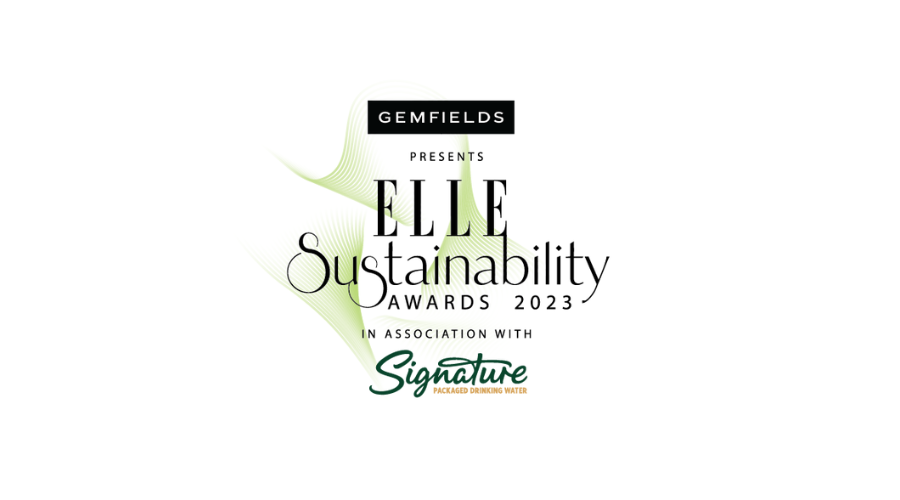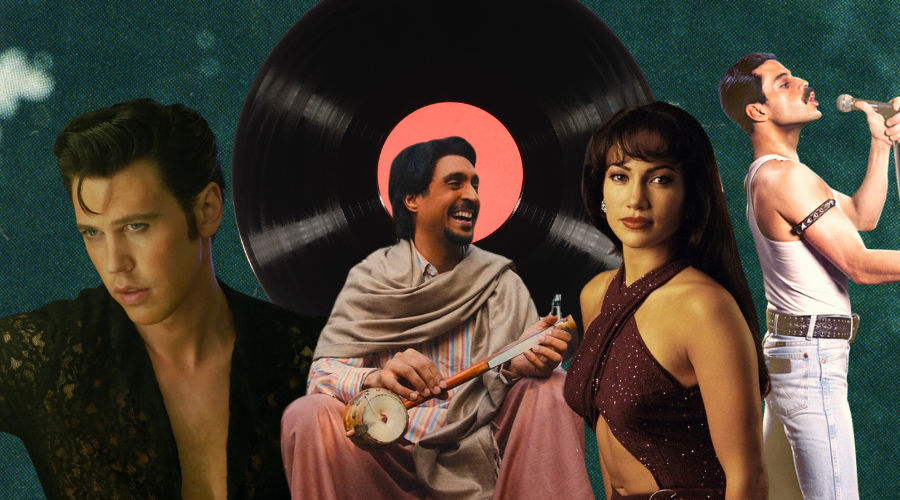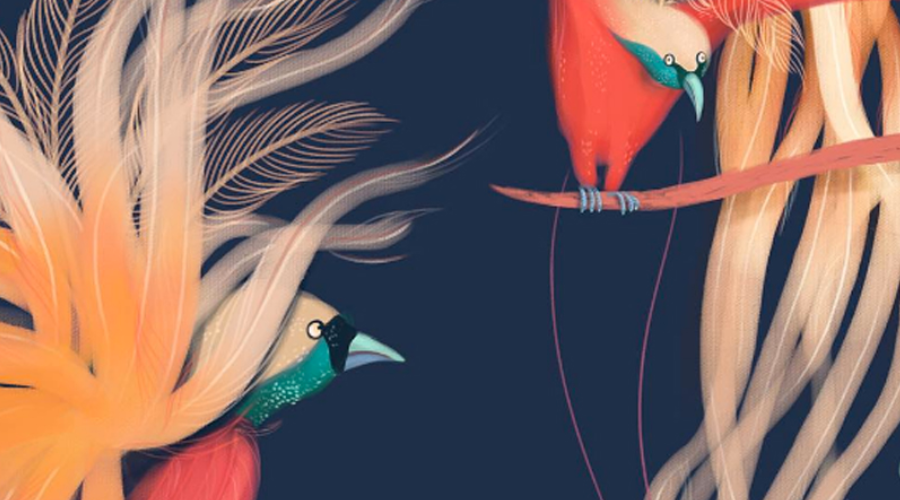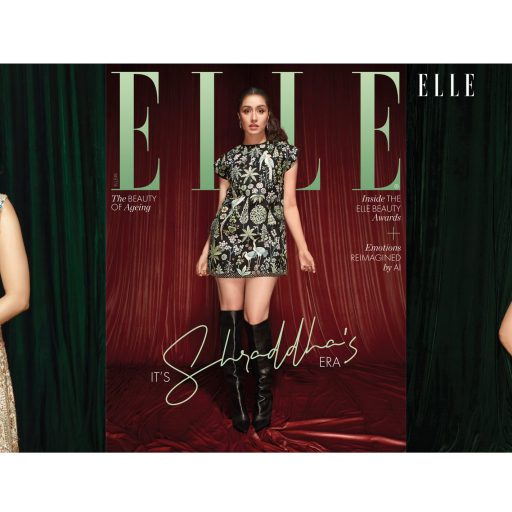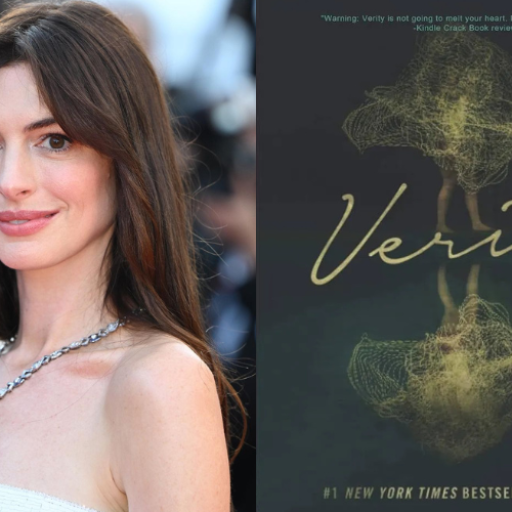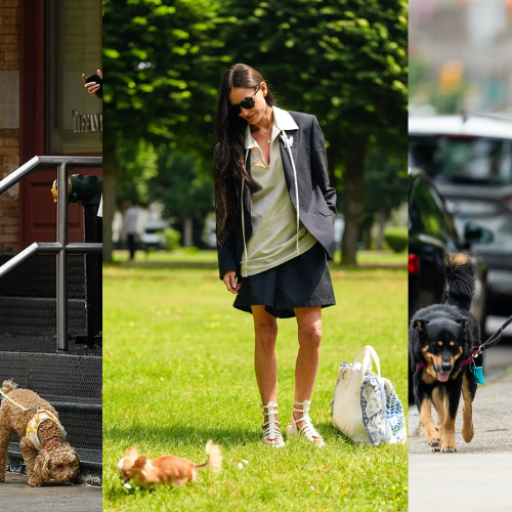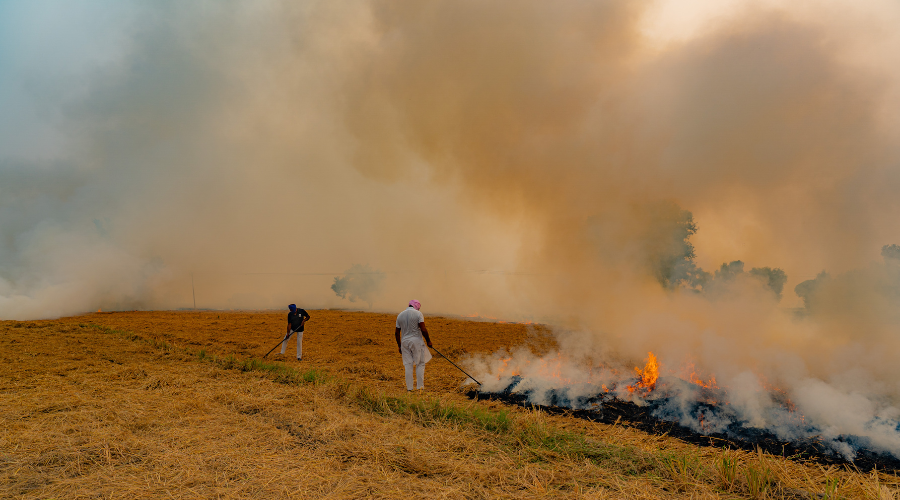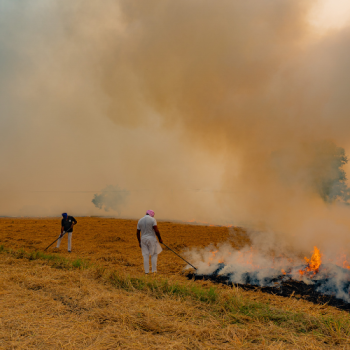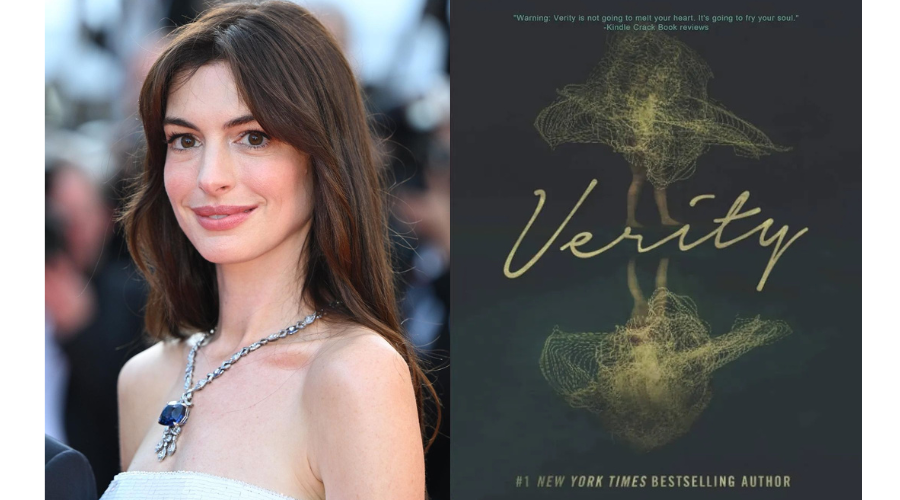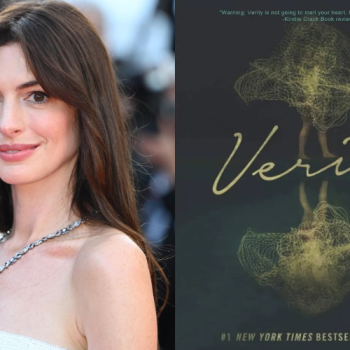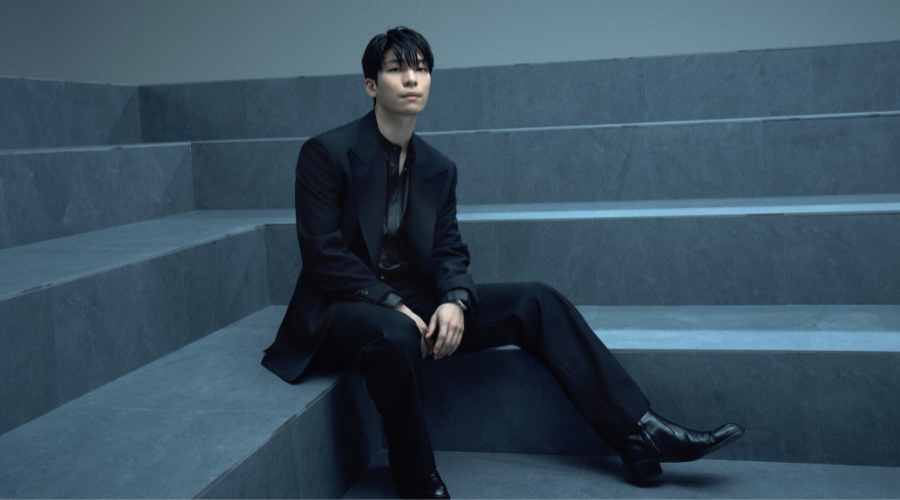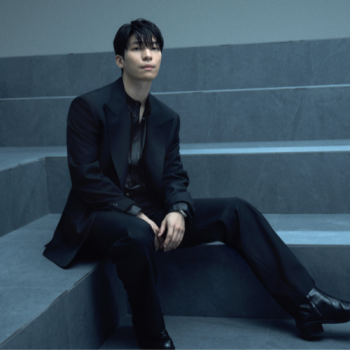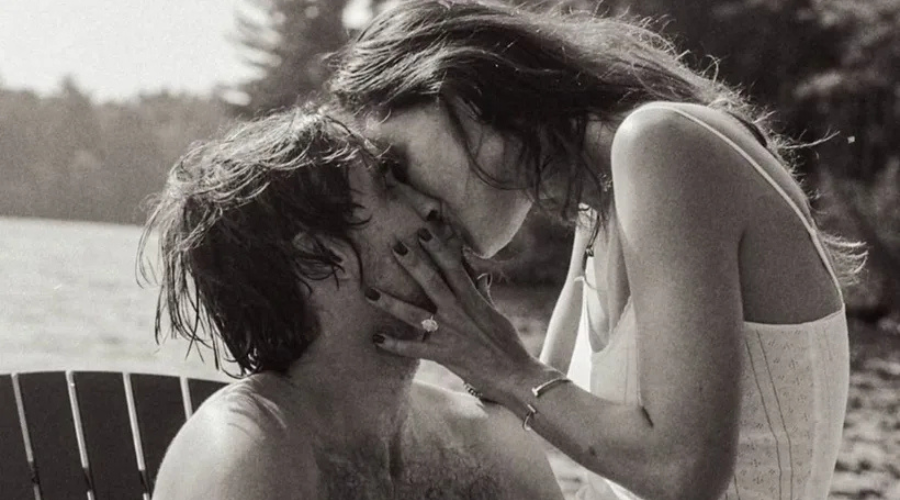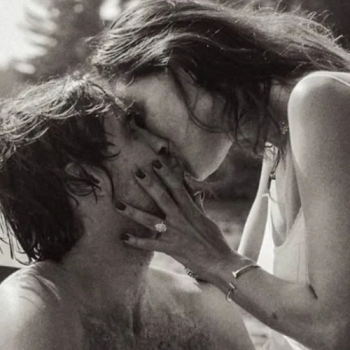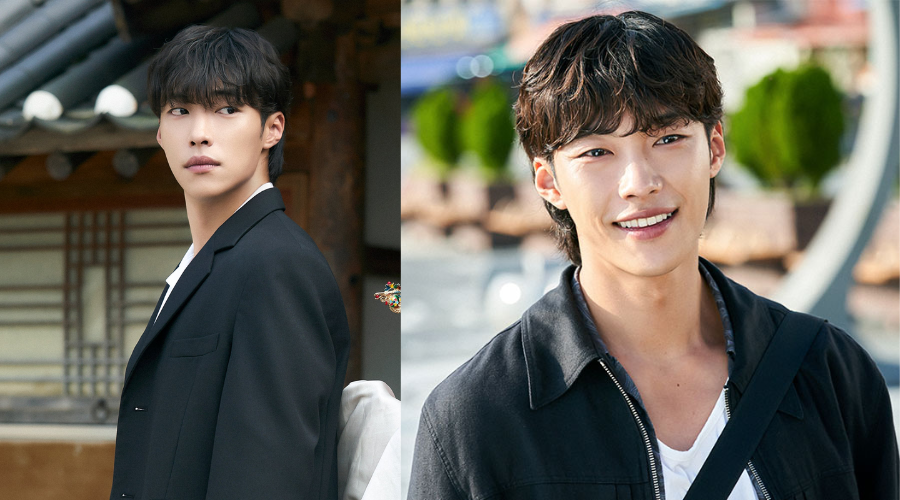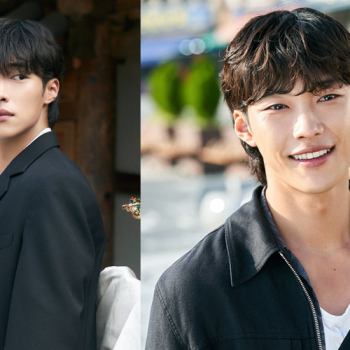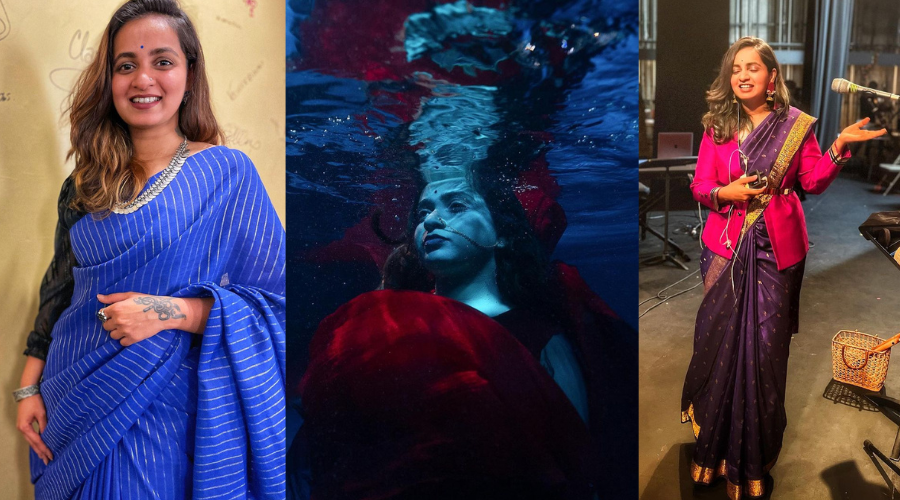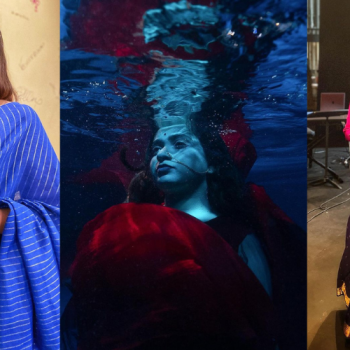It all began last year when entries opened for the East London Comics and Arts Festival. Of the many artists who applied, eight discovered a link that drew them closer. Illustrator and comic artist Akhila Krishnan says, “We realised we were a community of women graphic artists (already a minority group) and additionally, all from India. So we came together as a collective and applied. And we were selected!”
The other thing all of them have in common is that their art has a political charge. So while illustrator Janine Shroff explores themes like gender and sexual identity, writer Aarthi Parthasarathy skewers sexism pretty regularly through her popular web-comic, Royal Existentials, and Aindri Chakraborty’s illustrations are often journalistic in tone. Artists in the group geek out over a wide range of subjects, including the environment (Garima Gupta), culture (Mira Malhotra) and typography (Pavithra Dikshit). But despite the broad scope of their universe, there’s something intimate about the spaces these women create. You get a taste of it in illustrator Kaveri Gopalakrishnan’s slice-of-life comic series #NewAgeWisdomEtc.
As glorious as it can be to have your art go viral, and this has happened with many of these series, being part of Kadak Collective allows these artists to take their work to a wider audience offline too. Like they did with The Reading Room, a travelling library of comics and zines that has been hosted at successful events in Bangalore and Mumbai. But online is mostly where the Collective lives, thanks to their day jobs and the fact that they’re spread out all over the globe. Virtually, they’re rooting for each other to get more ambitious and demand a bigger platform. Malhotra says, “We saw that there was a gap between the number of female comic and zine artists from the subcontinent and the number of them being represented at fests.”
Through Kadak, its artists can participate in festivals together, collaborate on projects and create new formats too. “I would like people to get comfortable with the medium of zines and comics coming from independent authors rather than the commercial superhero variety we are accustomed to,” says Malhotra.“We need to normalise women’s stories and give voice to their experiences and viewpoints.”

